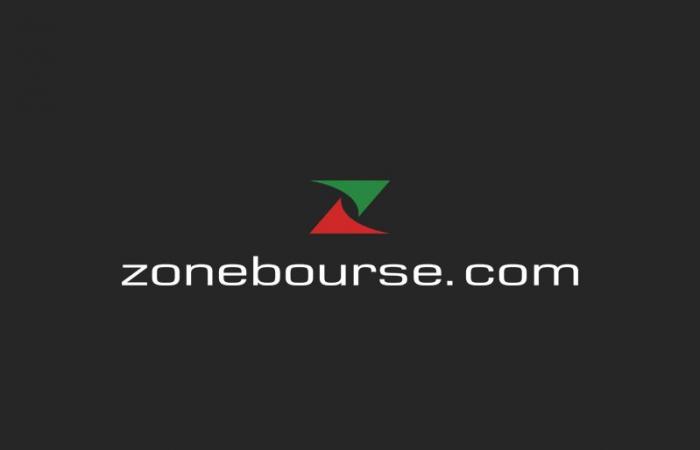
Eisai Co., Ltd. and Biogen Inc. announced that the US Food and Drug Administration (FDA) has accepted Eisai’s Biologics License Application (BLA) for lecanemab-irmb (US brand name: LEQEMBI®) as a subcutaneous autoinjector (SC-AI) for weekly maintenance dosing. LEQEMBI is indicated for the treatment of Alzheimer’s disease (AD) in patients with mild cognitive impairment (MCI) or mild dementia at the disease stage (collectively referred to as early-onset AD). The Prescription Drug User Fee Act (PDUFA) action date is August 31, 2025.
The BLA is based on data from the Clarity AD open extension (OLE) (study 301) and on modeling of observed data. If the FDA approves maintenance subcutaneous administration of LEQEMBI, LEQEMBI will be the only AD treatment that can be administered subcutaneously at home using an auto-injector (AI). The injection process should take an average of 15 seconds.
Under the SC-AI 360 mg weekly maintenance regimen, patients who have completed the twice-weekly intravenous (IV) initiation phase, the exact period currently under discussion with the FDA, will receive weekly doses that are expected to maintain clinical benefits and biomarkers. AD is a progressive and relentless disease caused by a continuous underlying neurotoxic process that begins before and continues after plaque deposition. Only LEQEMBI fights Alzheimer’s disease in two ways: by continually eliminating protofibrils and by rapidly eliminating plaques. When administered continuously, LEQEMBI eliminates highly toxic protofibrils* that can continue to cause neuronal damage even after the removal of beta-amyloid (Aß) plaque from the brain.
Three-year long-term data from LEQEMBI presented at the Alzheimer’s Association International Conference (AAIC) 2024 suggests that early and continued treatment can prolong the benefit of therapy even after plaque has been cleared in the brain. The SC-AI is expected to be simple and easy to use for patients and their care partners, and could reduce the need for hospital or infusion site visits and nursing care for IV administration, making it easier to continuation of maintenance administration and could help further simplify the AD treatment pathway. LEQEMBI is approved in the United States, Japan, China, South Korea, Hong Kong, Israel, United Arab Emirates, Great Britain, Mexico and Macau.
In November 2024, the treatment received a positive opinion from the Committee for Medicinal Products for Human Use (CHMP) of the European Medicines Agency (EMA), which recommended approval. Eisai has filed applications for lecanemab in 17 countries and regions. The US FDA accepted Eisai’s Supplemental Biologics License Application (sBLA) for monthly maintenance administration of LEQEMBI IV in June 2024 and set the PDUFA action date as January 25 2025.
Eisai is responsible for the development of lecanemab and the global marketing authorization applications. Eisai and Biogen jointly market and promote the product and Eisai has final decision-making authority. Protofibrils are thought to contribute to Alzheimer’s disease-related brain damage and are considered the most toxic form of Aß, playing a primary role in the cognitive decline associated with this progressive and debilitating disease. Protofibrils cause damage to neurons in the brain, which in turn can negatively impact cognitive functions through multiple mechanisms, not only by increasing the development of insoluble Aß plaques, but also by increasing damage direct to brain cell membranes and to the connections that transmit signals between nerve cells or nerve cells and other cells.
It is thought that reducing protofibrils may prevent the progression of Alzheimer’s disease by reducing damage to neurons in the brain and cognitive dysfunction.





